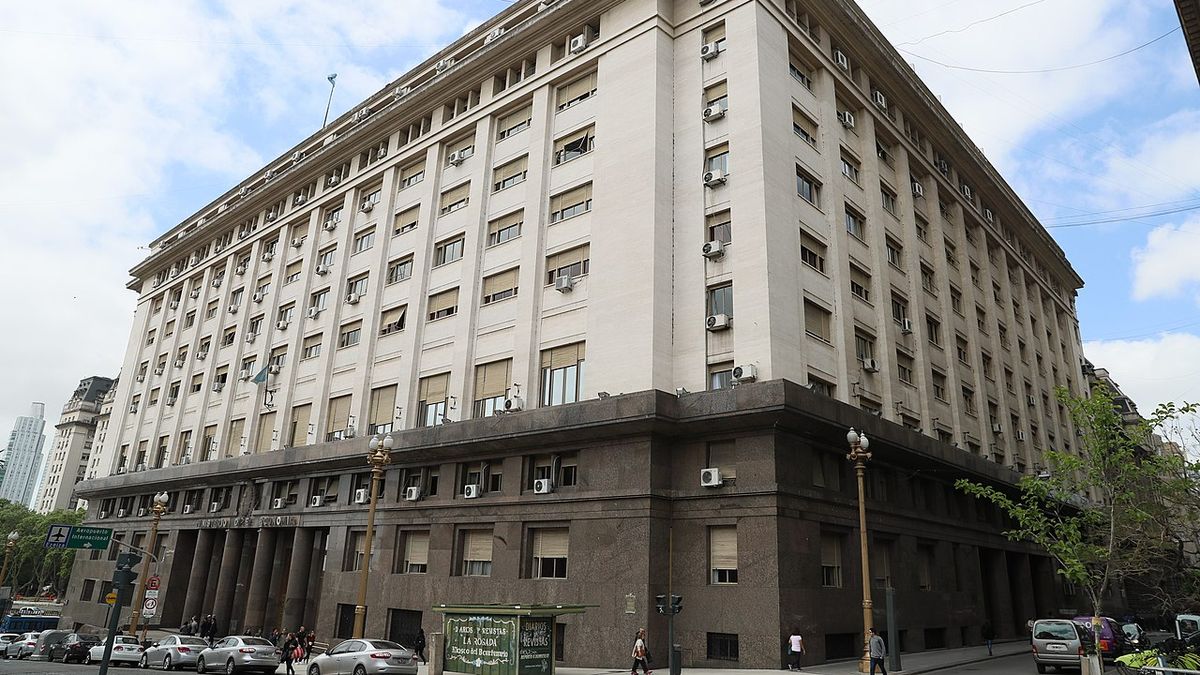When the president Javier Milei went in September of this year to Congress to present in person the Budget 2025 It seemed that there was going to be a serious parliamentary discussion to achieve a law that would contemplate the premise of maintaining the zero deficit as a minimum and also contemplate any claims from the opposition.
But the reality was very different. As soon as the Government understood that some legislators wanted to reintroduce the delay of the spending in the pension system and that the governors intended to recover lost funds in 2024, the debate was canceled.
At the beginning of 2025, the Government issued a decree that stipulates extending the 2023 Budget againas had already been done in 2024. The decision confirms that, In Argentina, the discussion is still not prioritized.
opt-budget2024.png
Currently, the Congress approves budget laws that later allow the Executive Branch to make changes in the items to the liking of the president in officetherefore, the allocations made by legislators are always provisional.
An element that demonstrates this are the numbers that were left in the budget of the National Public Administration (APN) at the end of 2024. That is, the central administration without including decentralized organizations, ANSES, PAMI, trust funds, among others.
In that space, something more limited in the national public administration, The budget credit for the concept of primary expenditures for 2024 grew 138.7%, according to data from the Congressional Budget Office (CPO). That is to say, that the Government “authorized” an increase of almost 10 points above the inflation forecast for the entire year. That percentage of increases would be one of the highest in the last 30 years.
On the last day of 2024, the Chief of Staff announced through the Official Gazette the thirteenth and last budget modification of the year, which determined a total expenditure that rose to $96 billion, almost one and a half times more than the $40.2 billion of the initial credit.
The Government refused to discuss the Budget
It is to be remembered that, at At the beginning of last year, the government of Javier Milei decided to reject the treatment of the budget that had been prepared by the former Minister of Economy, Sergio Massa, which also contemplated a zero deficit, but proposed achieving it by eliminating tax spending. That is, eliminate tax exemptions enjoyed by some sectors of the economy. Massa left it to the discretion of Congress which benefits to remove.
At the beginning of 2024, the government began to make amends with the budget credits left over from 2023, without applying any updates to them. Then throughout the year he introduced 13 changes.
One element to take into account is that Last year the Government increased the planned expenditure on debt interest by 130% compared to the initial credit. It went from $4.4 billion to $10.2 billion. On the other hand, Capital spending, which represents investments in infrastructure, barely grew 27%, from $3 billion to $3.9 billion. In other words, he authorized more interest payments than for investments.
The hand of Luis Caputo
The numbers of APN budget improved a lot last year compared to what Alberto Fernández had left in 2023, thanks to the control of the Minister of Economy, Luis Caputo.
They had left a negative economic result of $9.2 and the current government reduced it to a red of $2.3 billion. In the case of financial deficitthe previous government had left a loss of $12.1 billion and Minister Luis Caputo reduced it by half. Everything is the result of improvements in the total budgeted revenue. They went from $27.7 billion at the beginning of the year and closed it at $89.7 billion, which marked a growth of 221% regarding how the 2023 Budget had turned out.
2024 Budget Modifications
The successive changes that were made in the Budget during the last year are as follows:
- Decree of Necessity and Urgency 280published on March 27: improves the primary result by $7,624,066 million and the financial result by $4,930,266 million.
- Administrative Decision 284published on May 9: increases both the primary and financial deficits by $14,803 million.
- Administrative Decision 470published on June 6: the primary deficit increased by $151,413 million and the financial deficit by $151,420 million.
- Decree of Necessity and Urgency 594published on July 8: improves the primary result by $4,040,002 million and the financial result by $355,759 million.
- Decree of Necessity and Urgency 656published on July 23: increases both the primary and financial deficits by $100,000 million.
- Administrative Decision 858published on September 2: increases both the primary and financial deficits by $411,685 million.
- Administrative Decision 861published on September 2: increases both the primary and financial deficits by $22,902 million.
- Administrative Decision 910, published on September 30: it increases both the primary and financial deficits by $848,725 million.
- Administrative Decision 1015published on October 31: does not modify the fiscal result.
- Administrative Decision 1018, published on October 31: does not modify the fiscal result.
- Decree of Necessity and Urgency 1104published on December 18: improves the primary result by $1,751,455 million and the financial result by $2,334,256 million.
- Administrative Decision 1022published on December 31: does not modify the fiscal result.
Source: Ambito
I am a 24-year-old writer and journalist who has been working in the news industry for the past two years. I write primarily about market news, so if you’re looking for insights into what’s going on in the stock market or economic indicators, you’ve come to the right place. I also dabble in writing articles on lifestyle trends and pop culture news.




